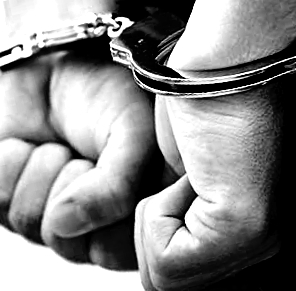NT to lower criminal age
 The Northern Territory will soon lower the age of criminal responsibility to 10.
The Northern Territory will soon lower the age of criminal responsibility to 10.
The Northern Territory (NT) is poised to become the first Australian jurisdiction to lower the age of criminal responsibility, reducing it from 12 to 10.
The move has sparked significant debate and drawn criticism from health and justice experts who argue it could exacerbate youth crime.
The Country Liberal Party (CLP), which came to power in a landslide victory in August, made the policy a key campaign promise, positioning it as a solution to the NT's high crime rates.
Chief Minister Lia Finocchiaro has confirmed that the legislation will be introduced during the first sittings of the new parliament.
“Territorians voted emphatically for the CLP's plan to reduce crime, which transparently included lowering the age of criminal responsibility,” Ms Finocchiaro said last week.
She claims the move will allow authorities to intervene earlier and address the root causes of crime.
However, this decision has faced strong opposition from experts.
Professor Susan Sawyer, Director of the Centre for Adolescent Health at Melbourne's Royal Children's Hospital, has expressed concern over the policy's impact on young children.
“These are young children we're talking about, these are not hardened criminals,” Professor Sawyer told the ABC.
“The further the penetration into the youth justice system, the greater the risks for young people.”
NT Children's Commissioner Shahleena Musk, who has long advocated raising the age to 14, warned that lowering it back to 10 would set a dangerous precedent.
She also noted that it would put the jurisdiction further out of step with international standards, where the median age of criminal responsibility is 14.
Critics of the NT government's plan also raised concerns about the lack of alternative measures for young offenders.
The CLP has proposed establishing Aboriginal-led boot camps for youth offenders, but details on how these programs would operate remain scarce.
Meanwhile, other jurisdictions are moving in the opposite direction.
Victoria and Tasmania have set timelines for raising the age of criminal responsibility, with Tasmania committing to raise the age to 14 by 2029 and Victoria planning to raise it to 12 in 2025.
The reversal of NT's previous decision to raise the age to 12 has prompted fears that other jurisdictions may also abandon plans to raise the age, potentially undermining years of advocacy aimed at aligning Australia's youth justice policies with international standards.
A report by the Australian Institute of Health and Welfare in 2022 found; “The younger a person was when they first entered youth justice supervision, the more likely they were to have had an interaction with the child protection system”.








 Print
Print